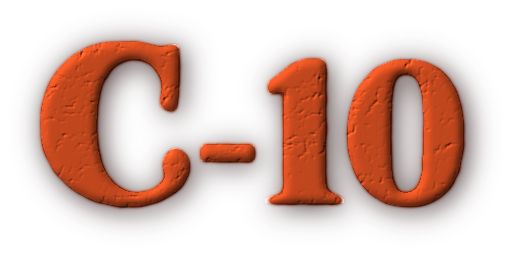
But we have a question about “unaffiliated users”
By Greg O’Brien
OTTAWA – On the day before Heritage Minister Steven Guilbeault and senior members of the federal Department of Justice face the Standing Committee on Canadian Heritage to talk about Bill C-10, Heritage officials have released the new Charter statement, which says, in a nutshell, it’s fine.
Those following the C-10 saga over the past two weeks will recall the committee removed a section of the proposed bill, s. 4.1, which originally exempted social media companies from broadcasting regulation under the new Broadcasting Act, should C-10, which aims to amend that Act, is passed into law.
This caused a flurry of public complaining from many sources who claimed free speech was now in peril, despite the fact C-10 retained a section (s. 2.1) which exempted social media users from broadcasting regulation. This culminated with the Conservative members of the committee stalling until they got their way – a new opinion from the Department of Justice on whether or not the partly amended proposed bill was still on side with the Canadian Charter of Rights and Freedoms.
The fact 2.1 was retained and there are now additional amendments under discussion to further limit regulators from applying broadcasting law to social media users means C-10 still passes muster, says the statement.
Justice is clearly not amused by having to provide a new statement in the middle of the committee which is still examining the bill, clause-by-clause. It just about says so in the statement and by the fact Justice Minister David Lametti will not be at Friday’s committee meeting, even though his presence was requested. Senior Justice staff including deputy minister of justice and deputy attorney general of Canada Nathalie G. Drouin, will attend, however.
If this becomes the norm for other bills, lawmaking will get even slower. “Although a bill may change over the course of its passage through Parliament, Charter Statements reflect the bill at the time of introduction. Under section 4.2 of the Department of Justice Act, Charter Statements are not updated as a bill progresses through Parliament,” reads the new statement today, reminding committee members of the norms of lawmaking.
As for the meat of the statement, it reads: “By virtue of clause 1 (section 2(2.1)), unaffiliated users of social media services would not be subject to broadcasting regulation in respect of the programs they post. The objectives of the bill in updating the Commission’s regulatory powers and providing new powers applicable to online services remain. The bill maintains the Commission’s role and flexibility in determining what, if any, regulatory requirements to impose on broadcasting undertakings, taking into account the Act’s policy and regulatory objectives and the variety of broadcasting undertakings subject to the Act,” reads the statement.
“With respect to the proposal to give the Commission new limited powers in regulating an online undertaking that provides a social media service in respect of programs posted by its unaffiliated users, the relevant Charter considerations include the Commission’s discretionary role and flexibility.”
“The relevant considerations, as set out in the Charter Statement, remain valid and these considerations are not impacted by the proposed amendments,” concludes today’s statement.
If you’re going to watch the meeting online Friday at 1 p.m., we’d probably advise on getting ready for a debate on what, exactly, “unaffiliated users” means.
We’ve asked Minister Guilbeault’s office this question, and here it is word for word:
“Who, exactly, are ‘unaffiliated users’ as it says here in the charter statement: ‘By virtue of clause 1 (section 2(2.1)), unaffiliated users of social media services would not be subject to broadcasting regulation in respect of the programs they post’.”
“Let me give you a specific example. Lilly Singh is a Canadian who built a massive following on YouTube and Instagram and probably other places, but that’s where I follow her. She’s of course now world-famous.
“With 14.2 million subscribers to her YT channel, she makes loads of money from YT – and not by posting cat videos. These are professionally made vids. Despite her ties and revenue from YT, does she remain an ‘unaffiliated user’ and therefore untouched by regulations to come from Bill C-10?
“Under this law, does it remain true that a user even as popular as Lilly Singh would remain unregulated, while the likes of YouTube TV and YouTube Music and other such corporate services offered by social media companies will be the entities to fall under the new Act?”
We’ll let you know if we get an answer.



